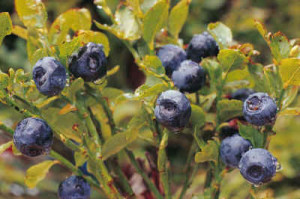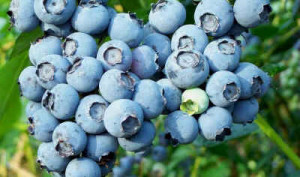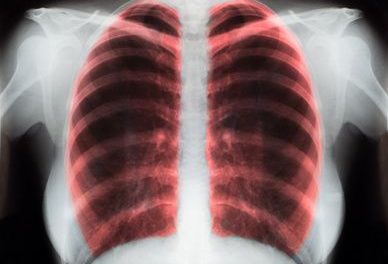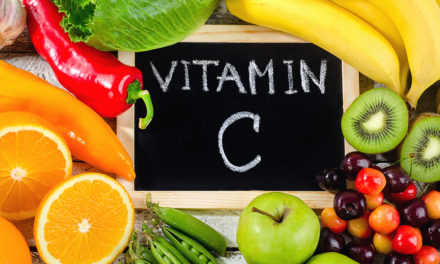Research appearing in the Journal of Agriculture and Food Chemistry (Vol. 56, No. 3: February 13, 2008, e-published ahead of print) showed that bilberry extract may have a protective effect on the kidney. Mice were exposed to a chemical, potassium bromate (KBrO3), which is an additive used in bread making. It is a toxic substance that has been linked to hearing loss and kidney damage. The mice were given a dose of the chemical that was high enough to cause kidney damage. They also gave an anthocyanin-enriched bilberry extract of 50, 100, and 200 mg/kg over five days. After receiving the bilberry extracts the mice exhibited a reversal in blood levels blood urea nitrogen (BUN) and creatinine to normal levels (these are blood markers that may indicate kidney damage). The bilberry also reduced malondialdehyde (an oxidative substance), nitric oxide and xanthine oxidase. The bilberry reduced the oxidative stress to the kidneys.
The Difference Between Bilberry and Blueberry:
Bilberry (Vaccinium myrtillus L.) is a small shrub growing on hilly heaths and underbush throughout Central and Northern Europe. It grows wild in the Northern European forests and, differently from blueberry, that is a cultivated hybrid of three native American species (V.corymbosum, V. ashei and V. angustifolium), its fruits are not produced in clusters, but only as single, or rarely, twin fruit. Additionally differences between these two berries are the fruit size, as bilberries are smaller and darker than blueberries, and the pulp color.
In bilberries, the pulp is blue, that of blueberries is greenish. While bilberries are harder, less juicy and easier to transport than blueberries.







